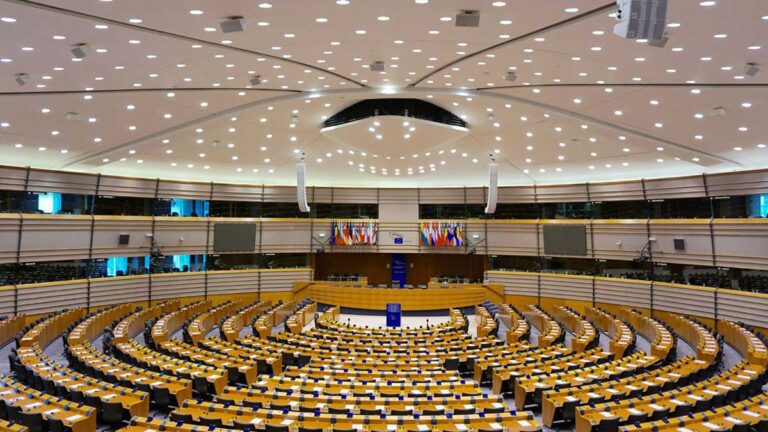FAQ
Frequently asked questions on ISO and management systems
What is a management system?
A management system consists of the processes, procedures, and tools of an organization. A useful management system helps you with the alignment of your business strategy, performance and goal achievement monitoring.
How to implement a management system?
When implementing a management system, we take a customer-specific approach. But in general, implementing a management system is based on these steps:
- Conduct a gap analysis
- Define the context and develop a policy
- Evaluate risks and opportunities
- Review legal frameworks and ensure legal compliance
- Develop measures for your action plan or program
- Ensure data collection and monitoring processes
- Guarantee the internal organization of your management system
- Create system documentation
- PDCA-cycle: ensure improvement processes
What are the success factors of a management system implementation?
There are different factors for the successful implementation of management systems. Our experience shows that committed drivers of the project are an essential prerequisite. This also applies to the commitment from management. In addition, sufficient time resources must be available to introduce and maintain the management system. If you manage to make quick wins visible, you keep motivation high and convince others who may have been skeptical at the beginning. After all, management systems are teamwork. The more people who support the project, the better.
How is energy management implemented in the industry?
Effective energy management systems are the key to improving your business’s energy performance, reducing consumption, and reducing costs. We provide businesses with the support they need to introduce an ISO 50001:2011 energy management system. This includes helping with developing processes, carrying out energy audits, implementing the management system, and obtaining certification from an independent certification body.
What are ISO standards?
ISO standards as defined by the International Organization of Standardization are “a formula that describes the best way of doing something”. ISO standards are internationally recognized and available for different products, services or activities.
Are ISO standards mandatory?
ISO standards are not mandatory per se and can be used on a voluntary basis. They only become binding when they are referred to in regulations, e. g. in EU directives.




